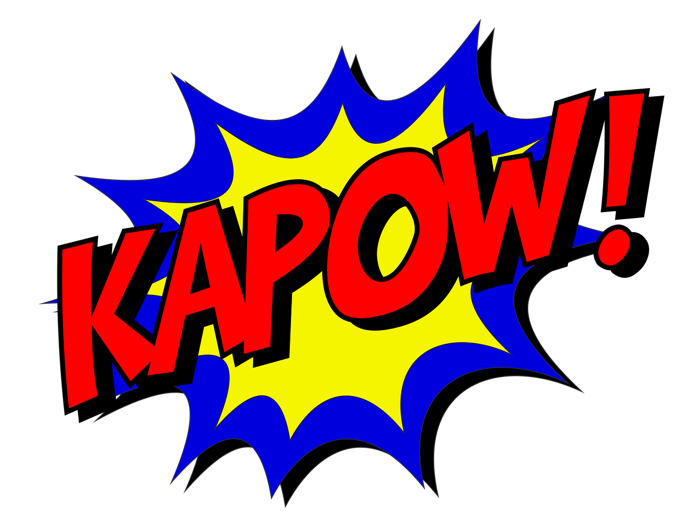- Call: +254 712 013 188
- Email: info@leap.co.ke

In an era of constant change, the myth of the all-knowing leader is finally losing its grip. For too long, leadership was seen as a role reserved for those with unwavering certainty, the corner-office authority, the person with the sharpest intellect and the quickest solution.
But the leaders who thrive today aren’t those who have all the answers. They’re the ones who lead with curiosity, and authenticity.
The old leadership model relied on command and control and a top-down dynamic where leaders were expected to decide, direct, and deliver. But in today’s world, where complexity is the norm and solutions are rarely clear-cut, that model no longer serves us.
Today’s strongest leaders are not those who pretend to know it all, but those who confidently say, “I don’t know. Yet.”
Acknowledging that you don’t have all the answers isn’t weakness. It’s credibility. It signals trustworthiness, encourages collaboration, and fosters innovation. It tells your team it’s safe to be real, to ask questions, and to grow.
I remember standing in a boardroom years ago, coaching a senior leader through a difficult team dynamic. I could feel the tension in the room, the unspoken expectations that I’d “fix it” with the right model or framework.
But in that moment, I didn’t have the perfect answer. What I had was presence.
So I told the truth: “I don’t have a formula for this, but I do know how to walk with you through it.”
That small act of honesty shifted everything. The leader exhaled. The team leaned in. And something powerful happened: we began to build trust.
That moment taught me something I now carry into every room: you don’t need to know everything to be a powerful leader. You just need to show up as yourself

What Authenticity Really Means
Authenticity is a leadership buzzword for good reason. It builds connection, trust, and loyalty. But let’s clarify what it isn’t:
At its core, authenticity is about integrity, intentionality, and respect. It’s not about being unfiltered. It’s about being real and responsible.

Leadership today isn’t about having all the answers. It’s about creating the space for answers to emerge. It’s about empowering others, embracing uncertainty, and leading from a place of courage. Not ego.
So the next time you don’t know, don’t hide it. Say it. Own it. Learn from it.
Because leadership, redefined, isn’t about perfection, it’s about progress.
About the Author
Dr Tazmin Alibhai, PsyD, PCC is a leadership coach, facilitator, and organizational consultant with over 30 years of experience helping leaders create psychologically safe, high-performance cultures. She works with senior teams to turn insight into impact, and strategy into sustainable action.